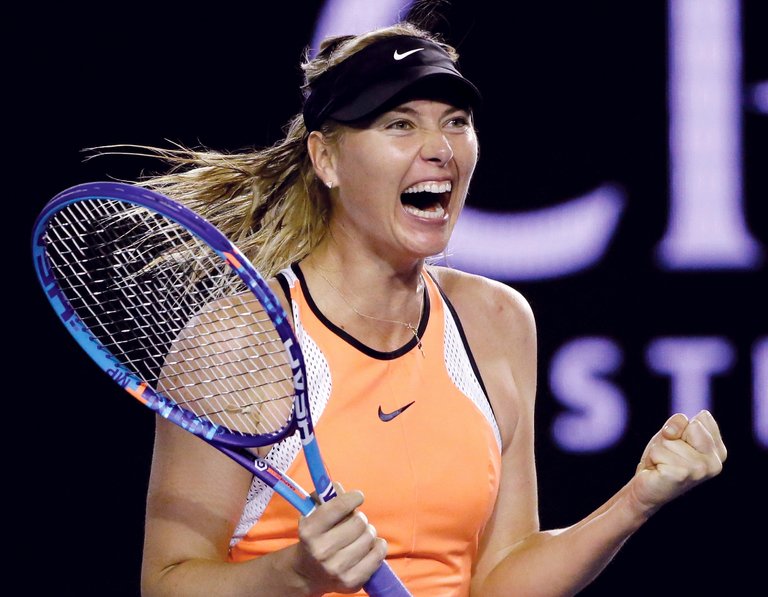
The week of April 17 had been a spectacularly noisy one in the world of tennis. Did Serena Williams snapchat her pregnancy, despite just winning a Grand Slam title in January? Yes. Did Ilie Nastase, the notorious Romanian Fed Cup captain, make a ‘joke’ about the skin color of Ms. Williams’s unborn child? Yes, he did.
So, what could tennis fans, like myself, have possibly been missing from such a busy week?
It could only have been another long-winded, redundant, and unnecessary discussion into the wildcards received by one sport’s most foremost players — Maria Sharapova. Unfortunately, many fail to see that by feeding into the Sharapova wildcard debate, the gender hierarchies in tennis are simply being tightened and reinforced.
As is widely known, Maria Sharapova marked her return to the women’s tour at Stuttgart, following a 15-month-long doping suspension. When Sharapova revealed the news of her drug use to the world in March 2016, there were conflicting emotions of sympathy and distrust. By June, following the release of the ITF’s tribunal decision, there was uproar. By October, upon having her suspension reduced, there was anger. And in April 2017, mere days after marking her return, there was ethical outrage.
The ethical outrage regarding doping becomes futile when Sharapova has already paid the biggest price — serving time away from the tennis courts. On Wednesday, when she played her first match, her ban had already have expired. And for a former world No. 1 who boasts of five Grand Slam titles in her trophy cabinet, competing with the very best after an extended layoff is a necessity.
The subject of Sharapova’s return, and whether or not she deserves wildcards, is usually accompanied with a plethora of comments about her personality — something that is entirely irrelevant to her athletic ability. It becomes strikingly clear that a female tennis player must be on her best behavior at all times, and that the forgiveness often offered to her male counterparts must be earned.
In the press conference rooms, male players are rarely asked about the friends that they have on tour. When Marin Cilic returned to the sport in 2013 following a doping suspension, there was little discussion of his personality traits, or his ban. And when Andre Agassi revealed in 2009 that the ATP had covered up his crystal meth use, the sports media salivated over the news for a few days, before ostensibly moving on to other issues. No one is saying that Sharapova should be immune to criticism, but there needs to be widespread awareness of the history of gendered bias in tennis.
When I was 10 years old and a newly formed tennis devotee, I picked up a newspaper discussing the recent state of the sport. One writer seemed to criticize the many breaks of serve in the women’s game, whilst another article on the same page praised a ‘thrilling’ match on the men’s tour that also included several breaks of serve.
It seems that in 2017, not much has changed.
By Chituga Weli
Chituga Weli is an undergraduate at Columbia University in New York City, where he serves as a sports staff writer at the Columbia Daily Spectator, the largest newspaper on campus. A tennis fan from childhood, he is increasingly concerned about the gendered representation of athletes in a sport that he loves—one that has so often prided itself on gender equality.